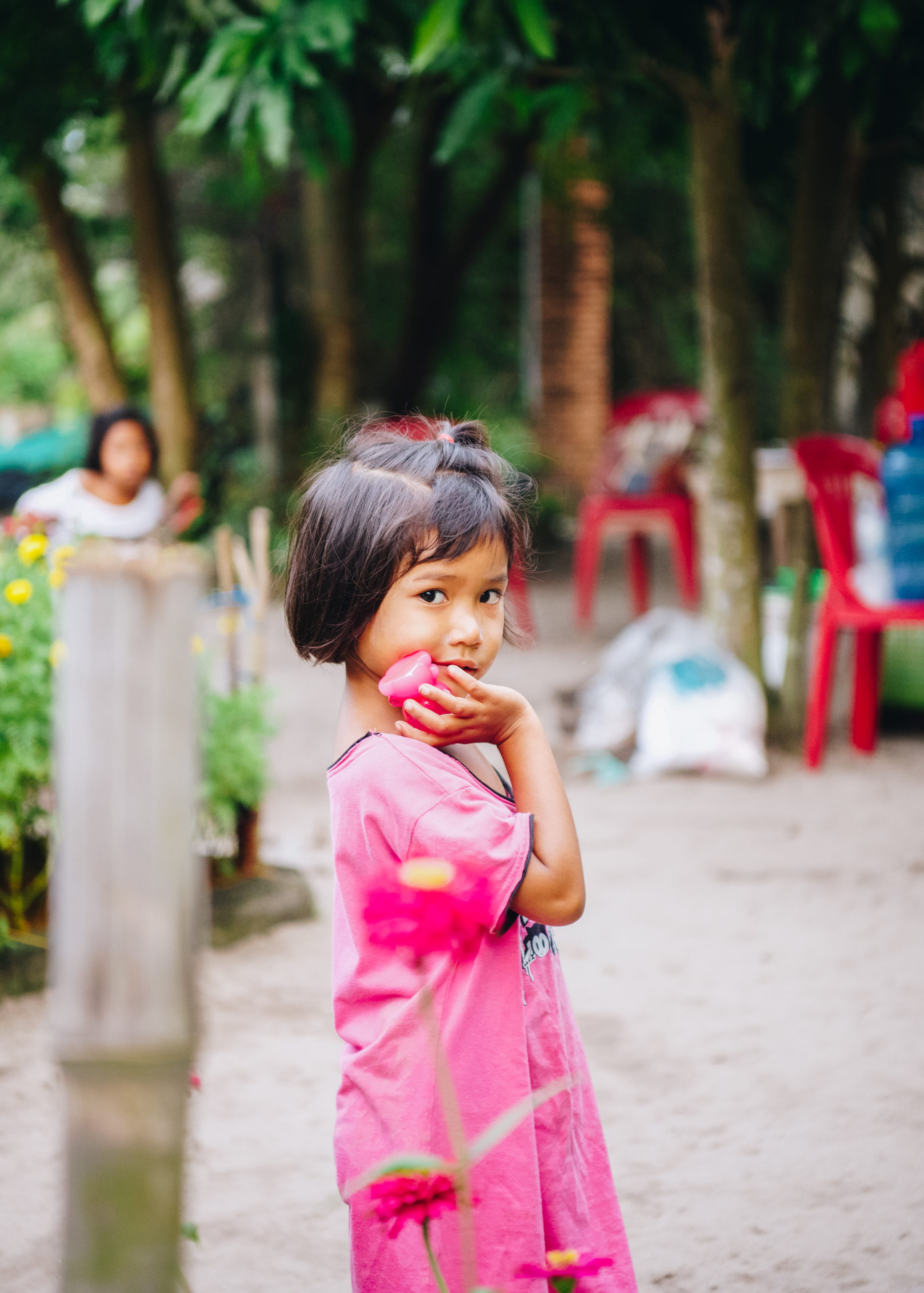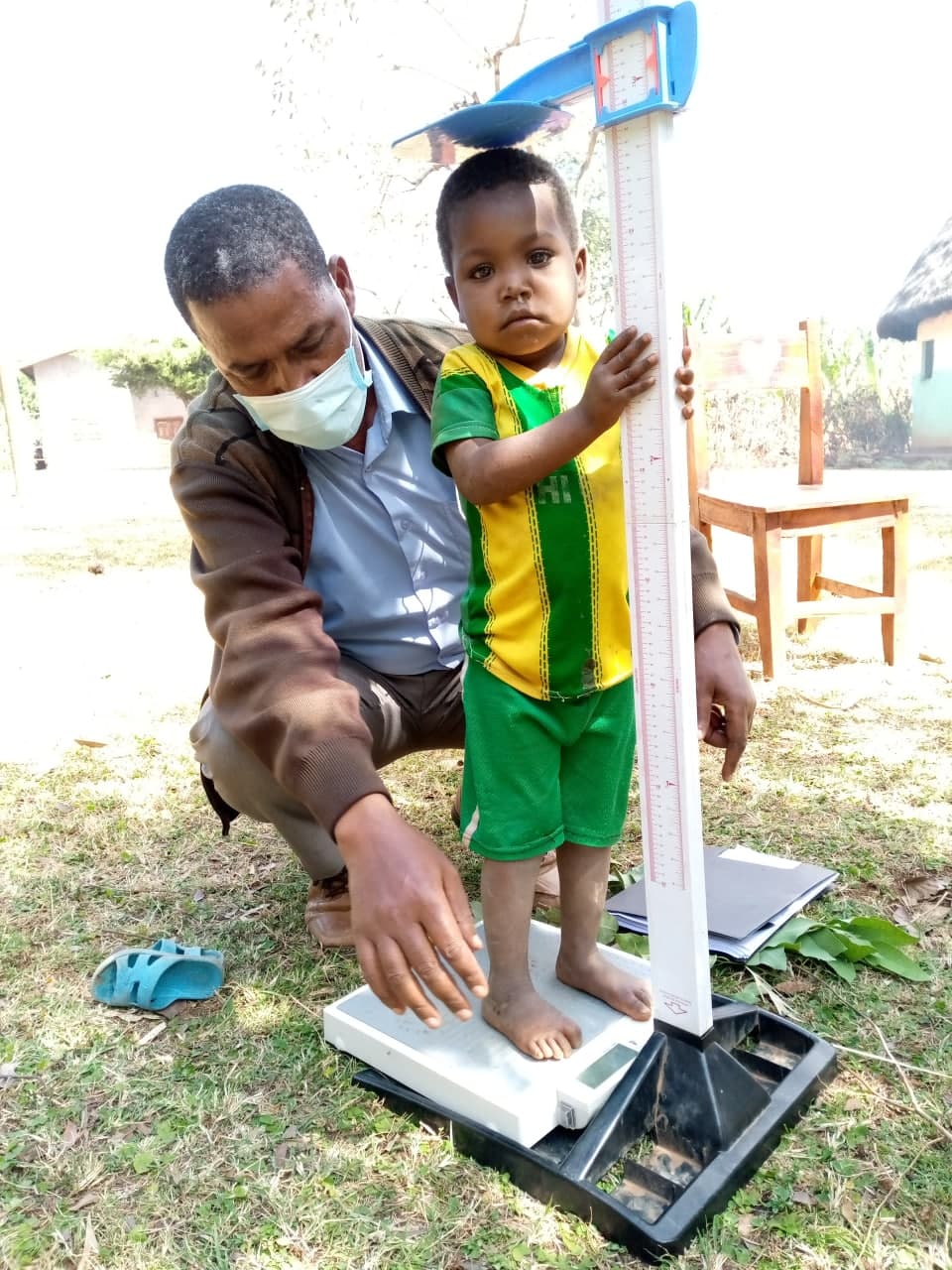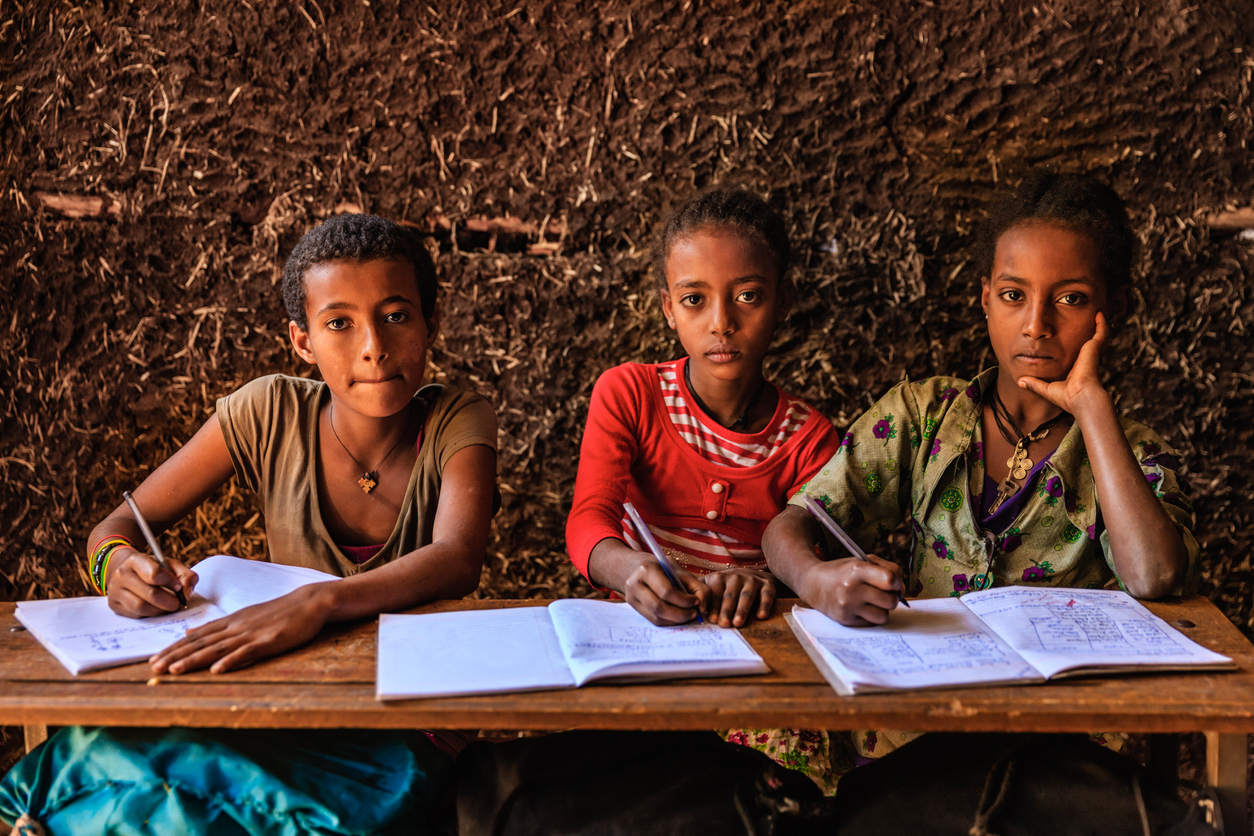Why is the pandemic hitting some countries harder than others? There are several different factors that affect how COVID-19 impacts impoverished communities.
As the last state in the U.S. sets criteria to reopen with limited safety restrictions, many Americans are breathing sighs of relief. Now that U.S. guidelines are loosening, it feels like the pandemic is coming to an end… for some of us.
It’s easy to forget that this isn’t the case in many other countries around the world, including those facing a deadly third wave of COVID-19 cases like India, Indonesia and more. While cases continue to drop in the U.S., across the continent of Africa, cases have risen 40 percent, and are still growing, partially due to the highly transmissible Delta variant. For impoverished countries, many more factors may be at play when discerning why some communities are struggling to recover from the devastating effects of COVID-19, over a year after the first case was discovered.
1. Nutrition
In impoverished communities, lack of access to nutritional foods — or enough food at all — can contribute to malnutrition, stunting, wasting and more. Even in environments where children have sufficient food to eat, poor feeding and positioning means they may not be receiving proper nourishment from their food.
For impoverished children in need of the right nutrients to grow, poor nutrition can exacerbate the effects of an already weak immune system, making it easier to catch — and harder to recover from — contagious diseases like COVID-19.
2. Population density
Social distancing can be a major challenge in overcrowded communities, especially ones that are close-knit and used to being interconnected.
In impoverished slum communities, houses are often packed so closely together that neighbors share walls or roofs, making safety precautions like social distancing nearly impossible. And even within houses, multi-generational families of five or more might share one or two rooms — so if one person gets sick, the whole family does too.
3. Hygiene
According to UNICEF, millions of people around the world have no ready access to a place to wash their hands, one of the first ways to stop the spread of COVID and other infectious diseases.
“Handwashing with soap remains out of reach for millions of children where they’re born, live and learn,” said Kelly Ann Naylor, UNICEF Associate Director of Water, Sanitation and Hygiene.
Lack of access extends to schools, too — 43 percent of schools around the world lack a handwashing facility with water and soap, affecting 818 million school-age children (UNICEF).
4. Infrastructure
Countries with poor healthcare infrastructure found themselves reacting, instead of proactively preventing, the spread of COVID when it first appeared. And today, this approach means that keeping up with the rapid spread of cases gets harder and harder as resources dwindle. In addition, many developing countries are struggling to secure enough vaccines for their populations.
And in rural or impoverished communities, access to vaccines, or even medical care and treatment for COVID, is an hour or more away. According to the World Health Organization (WHO), in the majority of African countries, there is one hospital per one million people, one doctor per 10,000 people and one hospital bed per 10,000 people. And often, families living near a hospital with available beds or vaccines may not have a reliable means of transportation to get there.
5. Economically vulnerable
Even in the U.S., lower-income communities have been disproportionately more affected by COVID. Many low-wage workers were deemed essential during the pandemic — meaning that while many of us worked from home, others were out in public every day.
Many families around the world also can’t afford to stay home unless absolutely necessary. In impoverished countries where missing a day of income might mean missing a day of food for your children, struggling parents feel the pressure to take public transport to their jobs, facing crowds of others doing the same thing.
There are still children and families living in impoverished communities who are struggling the survive the deadly new waves of COVID-19. Will you give emergency help today?


